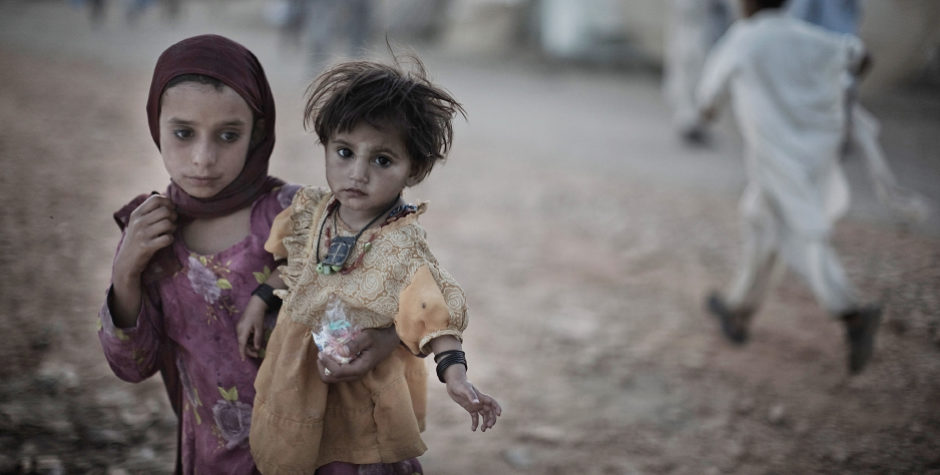Will Pakistanis Put Aside their Religious and Caste Differences in Desperate Times Caused by the Deadly COVID-19 Virus?
Several reports have emerged that Christians and other religious minorities in Pakistan have been denied food aid amid the shutdown due to COVID-19 restrictions.
Most recently, Asia News reported that a local non-profit group in Karachi refused to give ration cards to Christians and Hindus. Saylani Welfare International Trust, the non-government organization (NGO) distributing food aid, said that non-Muslims are not entitled to the aid because the zakat fund (Islamic alms giving) is only reserved for Muslims.
In another report just a week before that, International Christian Concern (ICC) reported a similar situation. According to ICC, local Muslims and the Imam from Sandha Kalan village in the district of Kasur refused food aid to about 100 Christian families.
It is important to note that, while concerning in this time of need, these incidents have been limited, and thus far we have not seen any discrimination occurring at the government level. Furthermore, while no such discrimination should occur at all, given the widespread reach of the COVID-19 virus and the shutdowns in the entire country, it does not appear that the reported incidents of discrimination are widespread or systematic. A Pakistani Christian social worker does not believe such discrimination to be “the official policy of particular organizations.” He believes instead that “[t]hese are overly zealous workers that are telling people” that they need to be Muslims in order to receive the aid.
Unfortunately, this type of discrimination against religious minorities is common in Pakistan. Yet, not all Muslims support such actions; some Muslims are outraged by such discriminatory conduct. Some are even reported to have collected donations to help out the Christians denied the aid.
Just as in the rest of the world, many have lost their livelihoods in Pakistan, especially those who work on daily wages. Christians, who make up about two to three percent of the Pakistani population, are already poor, and the recent shutdown has made it worse for them.
Thankfully, Pakistani churches and Christian NGOs are also distributing food aid to help out families in need. Most churches are initially focused on their congregations because the congregants can easily be identified as to their location as well as to the extent of their need. A small church in the city of Lahore known to us for some time has recently distributed food items to about sixty-five families. Others are doing much more. Still, we have also heard that some of the poorest of the poor are being left out because they do not have any means to reach out to the organizations that are providing assistance.
In another positive effort, the government of Pakistan has launched its “largest social protection effort in the country’s history . . . with plans to pay close to $1 billion dollars to the country’s poorest.” The program will use SMS messaging and the National ID card database to identify those who qualify for the aid.
While we don’t have reason to believe that the kind of discrimination practiced by the organizations and individuals mentioned above would happen at the government level, we will be watching and remain vigilant to ensure that the lower level government officials who distribute the aid at the city and district levels are aware of these issues and will not let religious differences get in the way. This, to some extent, can be remedied by supervisory measures by higher level government authorities and strict instructions to the local officials.
An assistant professor of politics and development at the Lahore University of Management Sciences has already raised concerns over the haphazard distribution of cash at the district level. These concerns include the gathering together of large masses of people to receive assistance, thereby defeating the purpose of social distancing, as well as issues related to peoples’ right to privacy due to using technology.
However, given the dire financial situation of many families, most would risk sickness over watching their loved ones go hungry. Only time will tell if Pakistanis will put aside their religious and caste differences in this time of desperation and recognize a heightened need for unity across religious or racial lines. We hope and pray that Pakistan will rise up to the occasion.
More importantly, we hope and pray that this health crisis can be quickly mitigated and people can go back to their normal lives. Our office on the ground in Pakistan will continue to defend Christians facing persecution and will be on the lookout for ways we can assist and ensure that religious minorities get the government aid they need during this time.
